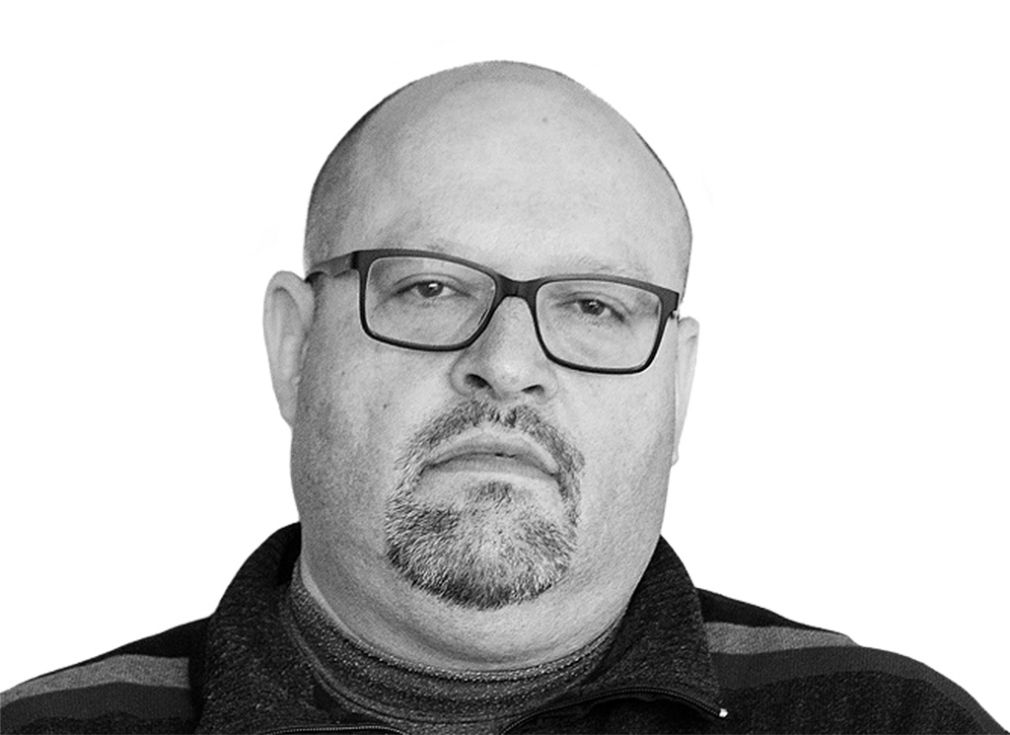By: Dr Matevž Tomšič
The declared depoliticisation in the field of media is turning into its opposite. We can say that we have not seen such a burden with media control in the entire period of independent Slovenia. The tendency to take over some and sanction other media is growing into a true obsession. What the current rulers – when they were not yet – reproached their predecessors, they themselves do in a much more reckless manner.
The main target of the takeover is public broadcasting. The government’s plan to carry out a kind of “blitzkrieg” through the fast adoption of the new law, which would quickly replace its leadership and governing bodies, failed with the filing of the referendum initiative. This caused great frustration in their ranks. They clearly find it intolerable to put up with people who are not in their line at the head of this institution for a while longer. Thus, the Minister of Culture Asta Vrečko called for the replacement of the “morally and politically inappropriate” leadership. None of her predecessors afforded such a direct intervention in the autonomy of the central public media. Can you imagine that the previous minister Vasko Simoniti would have done something like this? Not only would left-wing politics and the mainstream media set off real hysteria in the public, but such a move would also very likely be the subject of critical consideration by one of the bodies of the European Parliament.
Although the majority of the media is very sympathetic to the rulers, the latter is disturbed by the minority that is critical of them. So, they started dealing with them through the parliamentary commission of inquiry. It is supposed to investigate the illegal financing of political parties before this year’s parliamentary elections. In reality, however, it is a kind of modern-day inquisition that wants to silence the “bad” media by putting pressure on those organisations and institutions that would decide to advertise in them. Thus, its president, former “independent” journalist Mojca Šetinc Pašek, sent a letter to all municipal leaders requesting information on their cooperation with certain media. The purpose is clear: to intimidate municipal decision-makers before the upcoming local elections and thereby discourage them from this kind of participation. And what a “coincidence”, among the incriminated media there are only those who have a negative attitude towards the government and government parties. However, there are no media whose financing is actually controversial, such as, for example, the online portal Necenzurirano. But what if the (former) journalists of this portal are (some literally) in the service of the current ruling group. One of them is even an adviser to the aforementioned commission, which is an obvious conflict of interest. However, those who “dance” do not mind.
People who promised “liberation” before the elections demonstrate autocratic self-righteousness and hostility towards all who oppose them. A few days before the first round of the presidential election, Prime Minister Robert Golob threatened the return of “dark forces” to power if the candidate supported by the largest opposition party wins. Even before him, the presidential candidate of the two largest government parties, Milan Brglez, used similar words. The rhetoric of Golob and Brglez is very similar to the rhetoric of Russian dictator Vladimir Putin and his minions. Labelling the opponents of the regime established by “freedom” in our country as “fascists” is very similar to the demonisation of Ukrainians who resist Russian aggression with weapons, and the criminal Kremlin regime labels them “Nazis”. Those who accused Janez Janša of being inspired by Hungarian Prime Minister Victor Orban, who allegedly undermined democratic standards in his country, are actually close to the Kremlin autocrat, who abolished democracy at home a long time ago. In the name of “freedom” a kind of subalpine version of Putinism is emerging.

